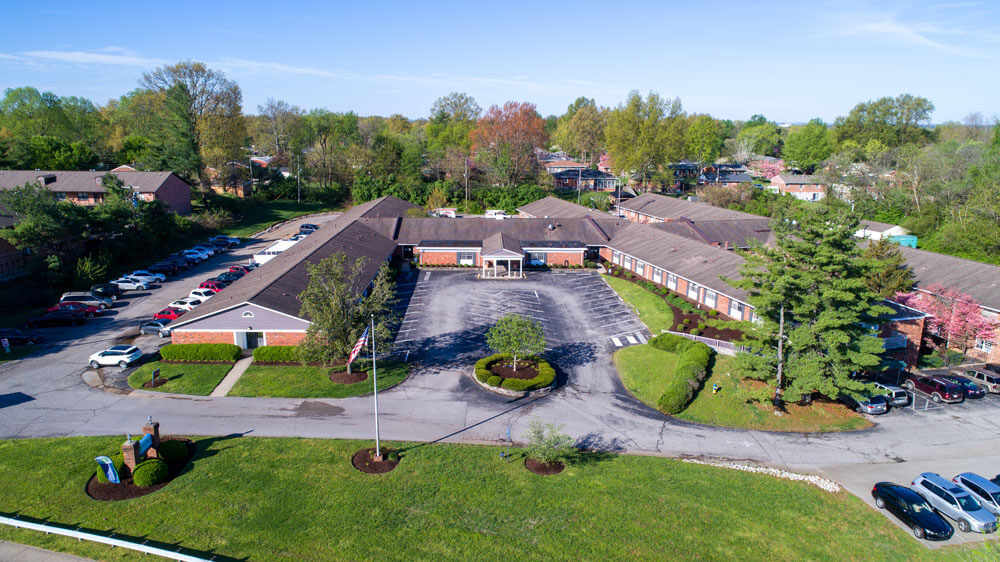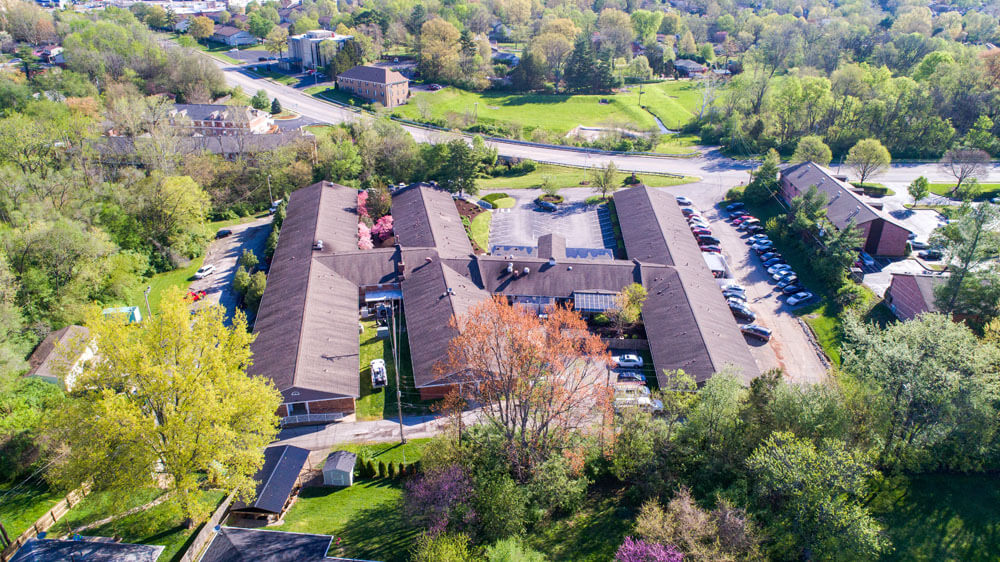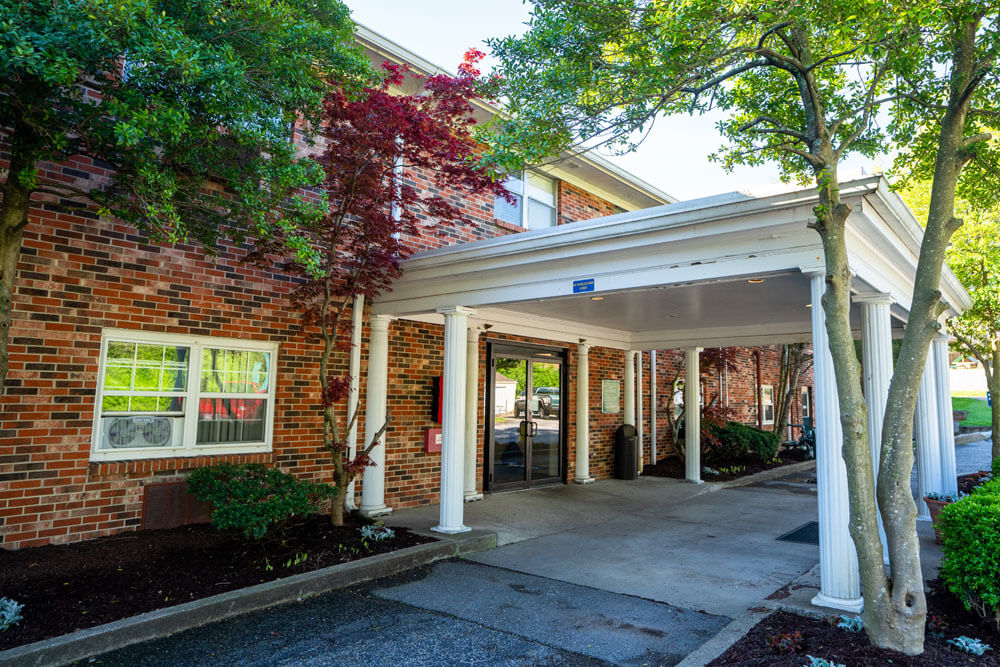Caring for aging parents is a challenge. You don’t want to take away their sense of freedom and independence, but deteriorating health and wellness can make that difficult.
Did a recent visit to your parents have you more than concerned about their state of being? How will you know when to get help?
Take some time to observe their behaviors, look at their house, and pay attention to their new habits.
Look out for these signs of deteriorating health for your aging loved one.
Why Should I Care About Deteriorating Health?
Deteriorating health may not just be what it seems at the surface. It could be more than just a cold, just forgetfulness, and just a mood change.
These signs could mean problems with the brain and how it is interacting with the rest of the body, and that isn’t something to ignore.
If you can’t care full time for your aging parent in the home, they may need additional resources to stay healthy and happy.
1. Changes in Personality
Is there something just different about your aging loved one? Maybe you can’t put your finger on it, or perhaps it is abundantly clear that they’ve changed, but it is time to investigate.
A change in personality is a huge sign of deteriorating health in the aging adult population. If you’ve noticed a loss of interest in activities they previously loved or a change in moods, take note.
Mood and personality are controlled by the brain and its network of neurotransmitters. Damage to the brain due to injury or deterioration could present as a personality change. It is important to remember that changes in mood can stem from neurological conditions, like dementia.
These changes may be minor or incredibly noticeable, but you should still consult a doctor. A shift in general mood and personality is a common sign of deteriorating health in the aging population.
2. Forgetfulness
Another common warning sign of deteriorating health amongst the elderly is general forgetfulness.
You may notice bills are piling up, or the electricity is shut down, or maybe they haven’t been taking their medicine as prescribed. Forgetfulness shouldn’t be ignored.
Now we all have days where we lose our keys or can’t find our phone, but this forgetfulness is more than that. If it is problematic and interrupts daily life, it should be looked at closer.
If you’re suspicious of an aging adult’s well-being, observe their behaviors a little closer. Check their pill bottles for possible missed doses, or the mailbox for piles of unopened mail.
A doctor should be advised if you have any concerns about your elderly parent’s forgetfulness and memory.
3. Difficulty Going Up Stairs
A well-known sign of declining health in elderly people is mobility issues.
You may notice that they sit around longer, don’t get out as much, and stay in one spot more than another.
If they live in a two-story home, watch for issues going up and down the stairs.
Not only can this be a sign of deteriorating physical health, but you should be concerned about possible falls.
4. Loss of Appetite
Have you noticed a change in their eating habits?
Unusual poor eating habits or a decreased appetite can be a sign of bad health.
If you notice your loved one losing weight or not eating their food, consult a doctor.
5. Unexplained Bruising
There is a sense of independence that is essential for the elderly. They often don’t want to feel like a burden, and especially don’t want to seem like they can’t do simple things on their own.
A sign of deteriorating health is finding unexplained burns, bruises, or cuts on your parent. They could be falling without telling you, or remembering.
6. Inordinately Disorganized House
Last time you were at your parent’s house did you notice a sink full of dirty dishes, or laundry piling up all over?
While some of us are just messy, an inordinately disorganized home can be a sign of deteriorating health.
Whether they are forgetting to clean up, don’t have the motivation, or physically can’t, the concern should be present.
7. Bad Hygiene
Like an unusually messy house, a common sign that your parent’s health may be deteriorating is bad hygiene.
Whether the motivation to clean up is gone, or they physically are having issues getting in and out of the shower, bad hygiene can be a sure sign that something is off.
You should talk to your loved one about what is going on, but should really consult a doctor if you have a concern that bad hygiene is a result of worsening health.
8. Not Making Sound Decisions
Are your parents all of a sudden doing some unusual or unsafe things?
This one can be especially troubling if you aren’t living with the elderly, as you can’t watch over them the way they likely need.
If something is wrong with the brain and its health is deteriorating, your parents may start making choices or doing things they wouldn’t have before.
Whether it is leaving the stove on all night to warm the house, or going for a walk without a jacket in winter, keep an eye out for strange behavior that is accompanied by bad decisions.
9. More Frequent Illnesses
An obvious sign of deteriorating health is more frequent illness and cases of disability.
Your aging loved one is more prone to colds, flu, infections, and more, so it is important to give them proper care as soon as possible.
If you notice they are getting sick more often, consult a doctor. They may not be taking care of themselves the way they need to, or they may just need a higher level of medical care.
Don’t Ignore the Signs
Don’t ignore the signs of deteriorating health. The change in your loved one’s behavior and lifestyle may be nothing, but it also could be serious and require attention right away.
Is the health and well-being of your parents too much for you to handle all by yourself? You’re not alone, and we can help.
Do you need help with an aging parent? At Exceptional Living Centers, we will give the aging adult the attention and treatment they deserve, while still allowing their sense of independence to shine through.






